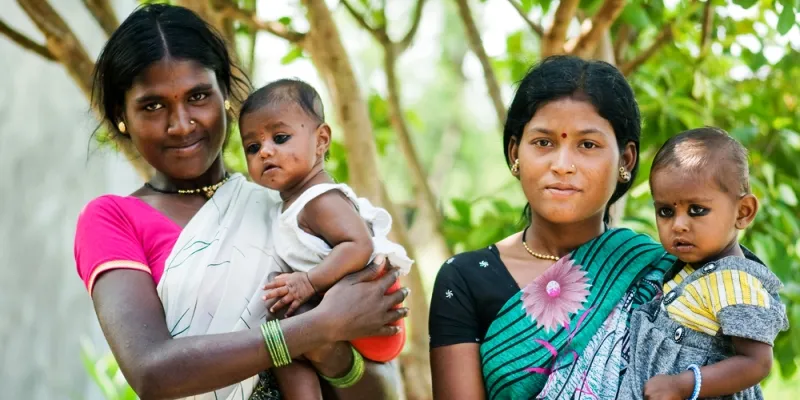What India can learn from Sri Lanka, our malaria-free neighbour
In a remarkable public health achievement, Sri Lanka has recently been certified malaria-free by the World Health Organisation (WHO). Through an intensive anti-malaria campaign, the island nation has gone from being one of the worst victims of the epidemic to defeating it completely.

Sri Lanka's victory over malaria was spearheaded by a series of health reforms. With over 80 percent of the population living in rural areas, Sri Lanka deployed mobile clinics and intensively targeted the parasite and the mosquito. This, accompanied by the massive health awareness campaigns, did the trick.
Malaria has long been a major cause of deaths and infection in Sri Lanka. In 1935, the disease infected 1.5 million people and killed 80,000 of the country's population. With massive health measures, the number of malaria cases were brought down to 17 in 1963, but soon funding that went into fighting malaria was diverted. As a result of such carelessness, the disease resurfaced with over half a million cases in 1969.
Over the next few decades, Sri Lanka had a tough time fighting malaria, although some progress was certainly made. It was in 1999, when less than 2,70,000 cases of malaria were reported that the Sri Lankan government, as result of huge public outcry, shifted its strategy from vector control to parasite control techniques.
Earlier, the focus was largely on safeguarding the populace by deploying pest control techniques and using mosquito nets and repellent. Now, equal — if not greater — emphasis was laid on identifying early cases and curbing its spread in vulnerable areas. This involved greater surveillance and prompt treatment of cases identified. This change in strategy, coupled with mobile clinics deployed at the grassroots level across the country, brought down the number of malaria cases to less than 1,000 in 2006.
Since October 2012, no new case of malaria has been reported in Sri Lanka. The new strategy was unorthodox, but proved to be effective. "Mobile malaria clinics in high transmission areas meant that prompt and effective treatment could reduce the parasite reservoir and the possibility of further transmission. Effective surveillance, community engagement and health education, meanwhile, enhanced the ability of authorities to respond, and mobilised popular support for the campaign," a press release by WHO said.
Sri Lanka is the second country in the Southeast Asia region to be declared malaria-free. Earlier, Maldives was declared free from the deadly parasite. The fight against malaria has been gaining momentum globally. According to WHO, there has been a 37 percent fall in the number of new malaria cases in the past 15 years. The number of deaths due to malaria have fallen by 60 percent in this time period.
In India too, the number of cases of malaria have come down from 2 million to approximately 1,12,000 between 2000 and 2015. Malaria in India, however, continues to affect a large section of our population, especially those living in hilly and damp regions. 80 percent of malaria cases reported in India, according to a WHO report, are reported in sections of north and north east India where only 20 percent of the country's total population lives. 287 deaths were reported due to malaria in India last year alone.
The battle against malaria is far from won. The disease continues to be a major threat in most of the tropical and subtropical world. In 2015, 214 million cases of malaria were reported worldwide, as a result of which 4,38,000 people died. Most of these cases were reported sub-Saharan Africa, Asia, and Latin America. The WHO aims at eliminating malaria in 35 more countries, including India, by 2030. The organisation has also decided to ramp up its annual funding for the mission from the current $2.5 billion to $8.7 billion by 2030 to achieve this goal.
Sri Lanka’s triumph over malaria proves that grassroots surveillance and early detection of the disease is key to defeating the parasite. With strong health infrastructure, active mobile clinics, better healthcare infrastructure, and massive awareness campaigns, malaria can be stopped from spreading and becoming an epidemic. Let’s hope India follows suit and emerges victorious against the deadly disease in the days to come.
Read More - What we can learn from Bangladesh to make India open defecation-free







